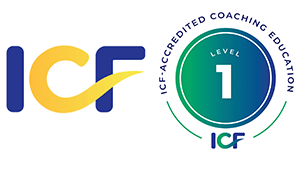Storytelling is one of the most powerful life coaching tools when working with clients. Popular among all the coaching techniques available, storytelling provides value from both sides and illustrates what matters to a client in a way they understand. Sharing anecdotal experience is often frowned...
LEARN MOREStorytelling, a powerful life coaching tool






